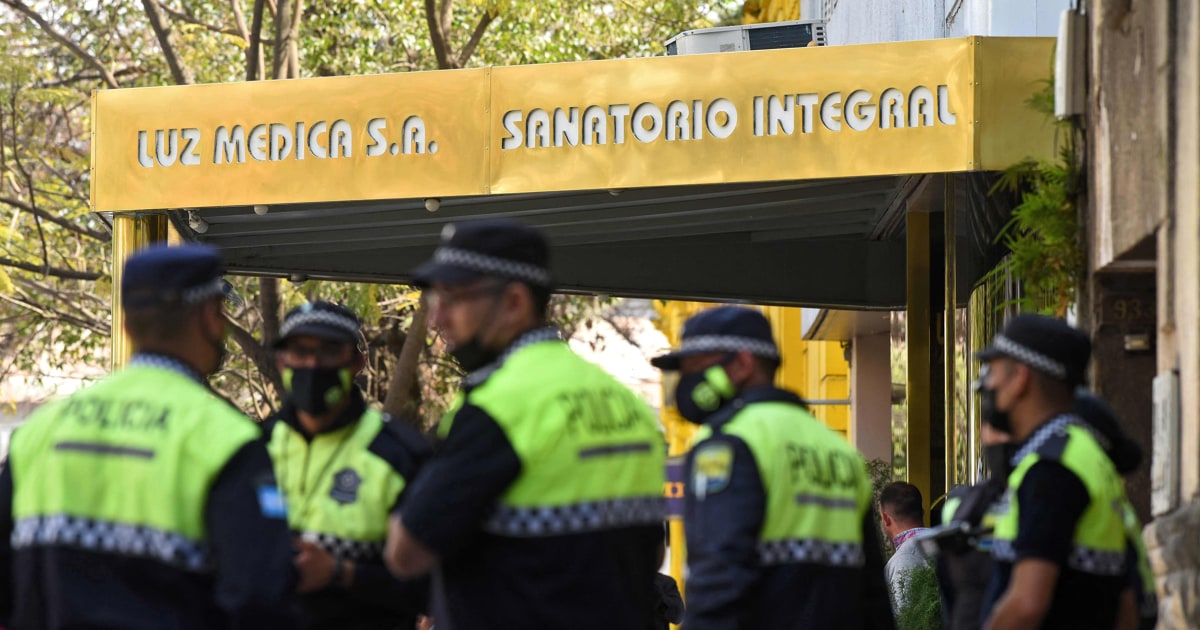An illness that has affected 10 people in Argentina, killing three, may have been the result of Legionella, the bacterium that causes Legionnaires’ disease, health officials said Saturday.
Authorities have been trying to determine what was the cause of the illness that had sickened 10 people linked to a private clinic in the city of San Miguel de Tucumán, authorities said in multiple statements.
On Saturday, health officials said Legionella bacteria were identified in tests on four samples: three respiratory and a biopsy from one of the people who died.
“The suspicion is that it is an outbreak of legionella pneumophila,” Dr. Carla Vizzotti, the country’s health minister, said in a statement.
The data is still preliminary and is pending the final diagnosis, added Vizzotti.
Legionella bacteria can be spread when people breathe in small droplets of water or accidentally swallow water that contains the bacteria in their lungs, according to the Centers for Disease Control and Prevention. It can cause Legionnaires’ disease, a serious type of pneumonia.
The 10 patients include three people who were under observation and receiving treatment and an 81-year-old man who was hospitalized in serious condition, the Tucuman province health ministry said.
Three employees of the Luz Médica clinic also contracted the disease: a 40-year-old pharmacy assistant who was hospitalized, a 44-year-old nurse in home follow-up and a 30-year-old nurse, Luis Medina Ruiz said. the provincial health minister, at a press conference this week.
The three who died had pre-existing conditions or comorbidity, the ministry said. Among the dead was a 70-year-old woman who underwent gallbladder surgery at the clinic, Ruiz said.
She was initially considered “patient zero” of the group, but her case will undergo further analysis, he said.
The symptoms, which first appeared in six cases linked to the facility, developed from August 18 to 23, provincial health officials said. The latest cases included three patients announced on Thursday and one, the 81-year-old man, announced on Friday.
The World Health Organization’s agency for the Americas, the Pan American Health Organization, said it was told about the initial group of six patients by the Argentine Ministry of Health on Tuesday.
PAHO said Thursday that characteristics of the then-mysterious illness include bilateral pneumonia, defined by infection in both lungs, as well as fever, muscle aches, abdominal pain and shortness of breath.
Tests for respiratory viruses, as well as other viral, bacterial and fungal agents, have so far come back negative in the first six cases, PAHO said in a statement Thursday.
At a press conference this week with Ruiz and other medical professionals, it was announced that initial tests also appeared to rule out Covid-19, Legionella, and hantaviruses, which can be transmitted by rodents.
Additional tests, including those that would find non-infectious, potentially drug-related or toxicity-fueled causes, were underway at a national laboratory run by the Argentine government, PAHO said.
